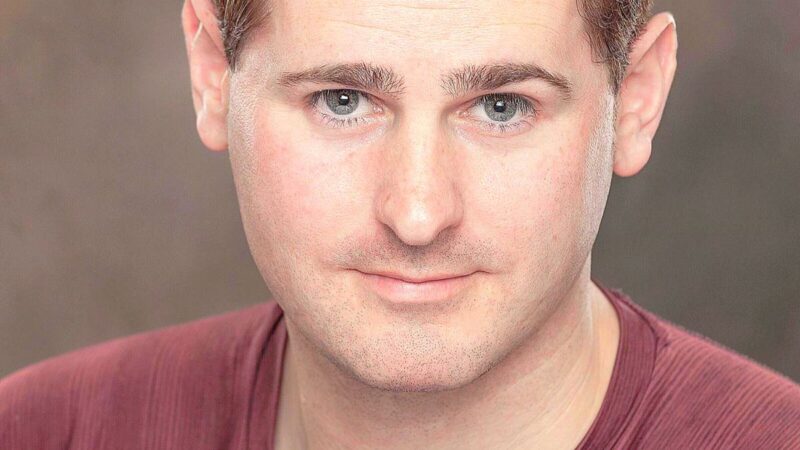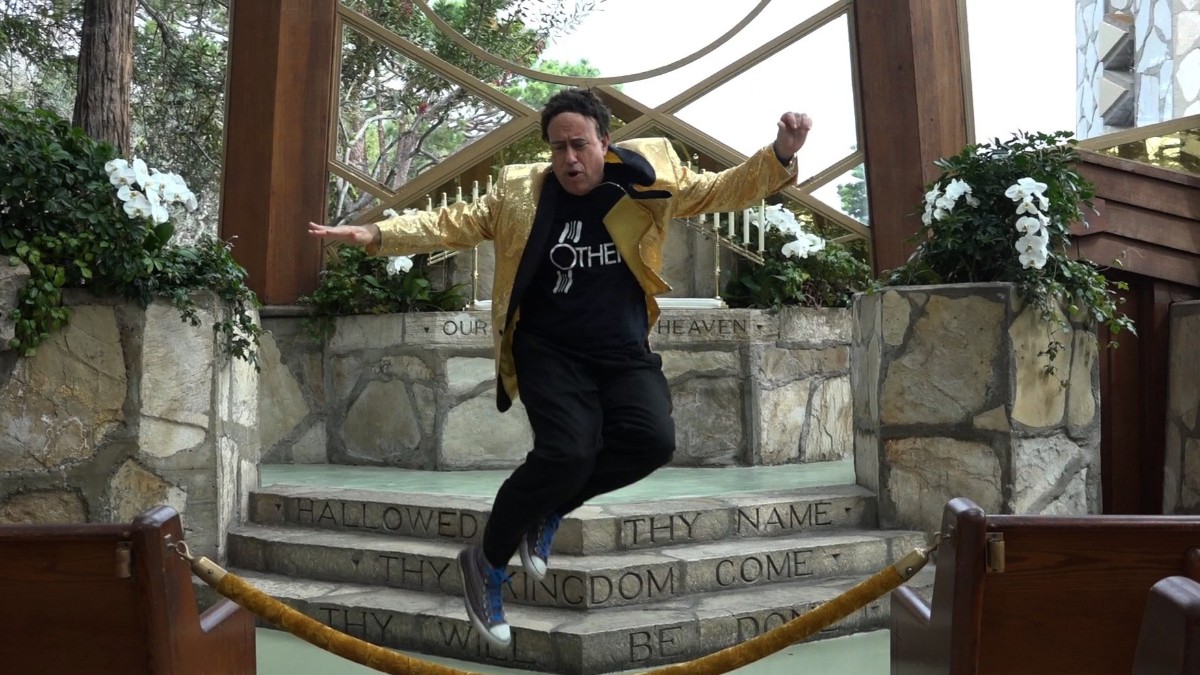
A Case Study
Narrative | Dramatic Features
Film Name: CANAAN LAND
Genre: Faith-based Drama
Date: December 2020
Director: Richard Rossi
Producer: Rebecca Holden and Richard Rossi
Writer: Richard Rossi
Cinematographer: Jeff Griffith, Richard Krause, Adan Higgins, Grayson Shapiro, Robert Reber, Jeff Woolley
Production Company: Eternal Grace
Budget: $500,000
Financing: Donations through GoFundMe and Facebook
Shooting Format: Digital
Screening Format: 1:16
World Premiere: Canaan Land is streaming on Vimeo, Amazon Prime, Vimeo, and Christian Cinema
Awards: Made final list of 366 films in consideration for Oscar for Best Picture
Website: https://www.canaanlandmovie.com
indieactivity: Tell us about your film?
Richard Rossi (RR): I am Richard Rossi, a minister turned moviemaker.
Introduce your film?
Richard Rossi (RR): My movie CANAAN LAND, is a faith-based drama about a con-man preacher named Brother Billy, played by me, who falls for a sincere Christian, Sister Sara Sunday, played by Rebecca Holden. I come to realize my con game isn’t a game anymore. The first half of the film is comedic and campy but it turns more dramatic in the second half with some plot twists.
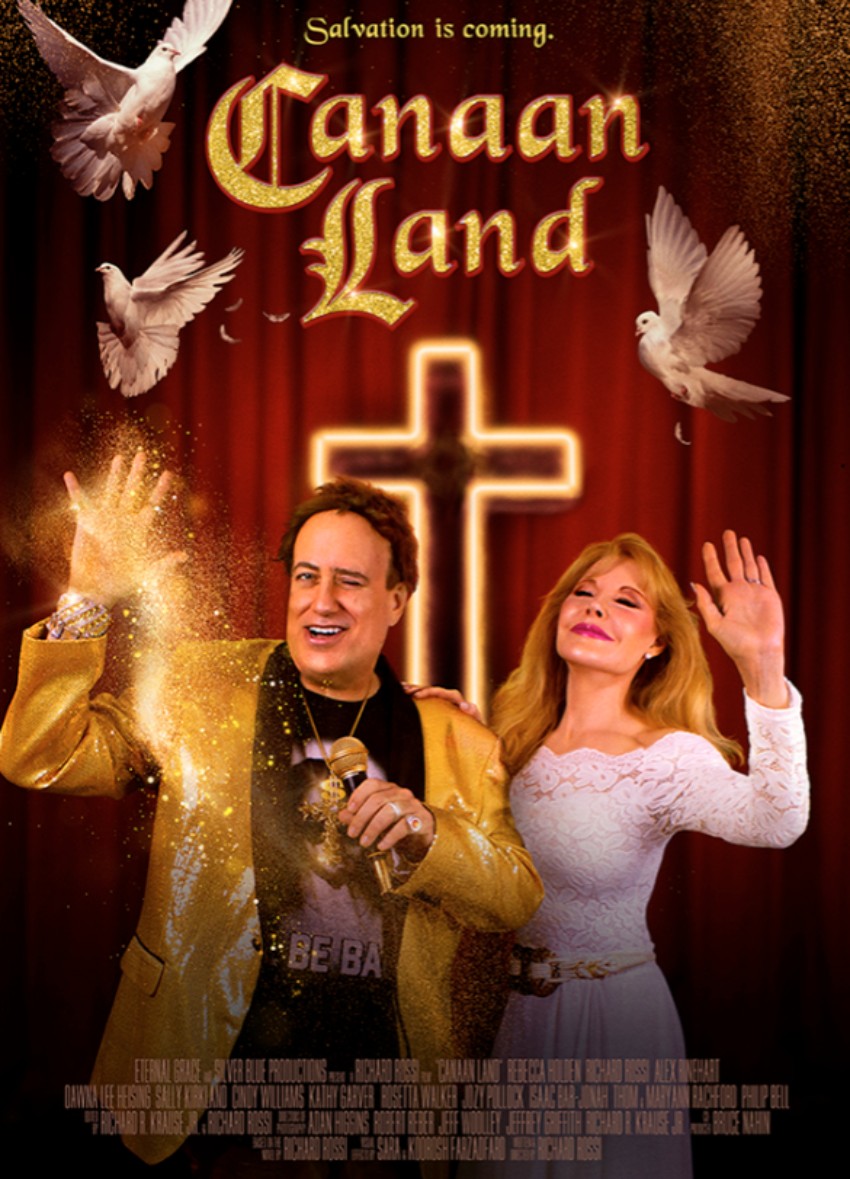
Tell us why you chose to write, produce, direct, shoot, cut/edit the movie?
Richard Rossi (RR): We shot on a shoestring, guerilla-style, stealing shots in public places. CANAAN LAND is a story I had a burning desire to tell, so I wanted creative control and a final cut.
Introduce your crew?
Richard Rossi (RR): Of all the crew, Richard R. Krause Jr. did the most work, he was there from the beginning auditioning actors with me and in the end, finishing editing with me. We became a family, it was a labor of love, everyone volunteering time, money, and energy. We became more of a community, like a church on our film set. Rebecca Holden my leading lady was an excellent collaborator in all ways, a real godsend.
What are your personal experiences putting on all these hats? Tell us about story, writing, and production?
RR: I grew not only in the craft of filmmaking but psychologically and spiritually through the process of making CANAAN LAND.
What is the source of the idea? How did the story develop from the idea? And how did the story evolve into a screenplay? Why do this story? Do you have a writing process?
RR: The source of the story was my young adult years when I was working as a minister. We held healing services, praying for the sick with sincerity. As I was doing this, I learned that some big-name preachers were faking miracles and fleecing the flock. This gave me a story idea that would contrast the fake preacher, Brother Billy, with the sincere Sara Sunday.
Let’s talk pre-production: take us through a timeline of how you started and ended it?
RR: Casting Sister Sara was like the search for Scarlett O’Hara. A dozen big-name actresses wanted the role because they liked my writing. Once we cast Rebecca Holden, that major piece was in place. We got a lot of press in the pre-production process because the film’s premise scared some famous fake faith healers who were worried we’d expose their con artist ways and sleight-of-hand trickery. Pope Francis spoke out that our film was important because those who defraud others in the name of Christ need to be exposed.
The Official trailer for CANAAN LAND starring Richard Rossi, Dawna Lee Heising, and Rebecca Holden. Canaan Land is written and directed by Richard Rossi,
What was your rehearsal process and period?
RR: We ran lines and scenes a bit but we didn’t have a formal rehearsal process.
You shot the film in days. How long were your days?
RR: Due to working no-budget style, we shot on weekends and days when our cast and crew were off from their paying jobs. So the shooting process took several years.
Did the tight shooting schedule make it harder or easier? How did it affect performances?
RR: Sometimes continuity was tough shooting over a long period of time. Actors gained and lost weight, changed hairstyles, but the film is surprisingly tight given these challenges.
During the film production, what scene (that made the cut) was the hardest to shoot? And why?
RR: We have a scene in which Brother Billy first charms Sister Sara asking her for a date. They are walking down the Venice Beach Boardwalk. We filmed that without permits in a crowded public place with all the activity and sights and sounds of the boardwalk, musicians, people rollerblading, music wafting in and out from the shops.
Our cameraman, Jeff Griffith, walked backwards in front of Rebecca and me and we shot it as one long take.
What worked better in this latest production that mightn’t have worked so well in the last one you did?
RR: I told a similar story of a female minister in my 1920’s period piece film Sister Aimee. This one was easier because it was set in the present-day, so we could steal shots in public and not worry about how people were dressed or contemporary cars and public activity.
What were the advantages and disadvantages of the way you worked?
RR: The advantages of no-budget filmmaking is creative control and being able to change on a dime without
someone from the studio riding herd and controlling things. The disadvantage was sometimes volunteers can be hit or miss with showing up and delivering the goods, but we had a stellar cast and crew who came through for us.
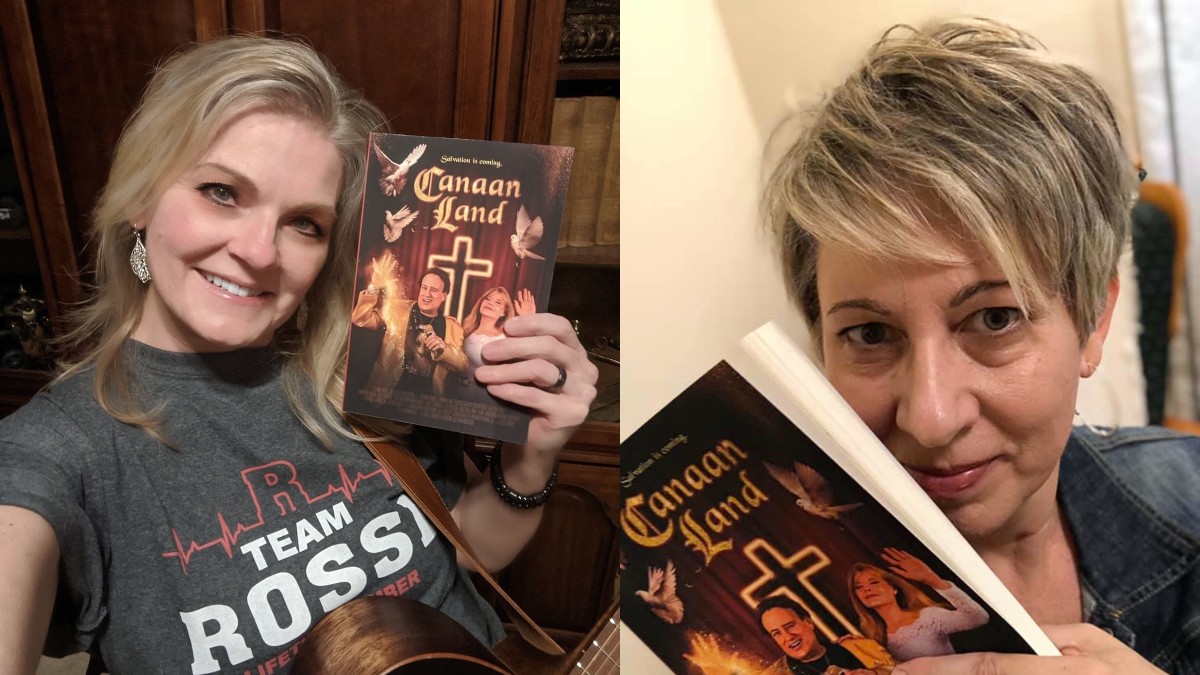
What was the experience like of working with a small shooting crew?
RR: We loved it, and it was an adventure stealing shots at iconic Hollywood locations.
The film looks stunning. How did you get such a good look when shooting so fast?
RR: Thank you. This is our third feature dramatic film so we have been progressively learning our craft more and more. Our DoP’s had more experience than my prior films and I learned a lot from my mistakes on earlier movies.
When did you form your production company – and what was the original motivation for its formation?
RR: It formed to make my first film, a short in 2001.
What was the first project out of the gate?
RR: The first film I made was a 37 minute documentary entitled Saving Sister Aimee, which was Academy Award considered.
What about independent filmmaking and the business do you still struggle with?
RR: Sustaining financially can be challenging when competing with bigger studios. We are under consideration for Oscars at the moment and the films we are going against are spending millions to market their films and try to get the nominations.
Where do you think your strengths lie as a filmmaker?
RR: I love actors, nurturing them and getting great performances out of them. I am a good writer and I am able to incorporate what happens in the filmmaking process into the story.
Let’s talk about finance, How did you finance the film?
RR: Through donations secured through GoFundMe, Facebook, and our church.
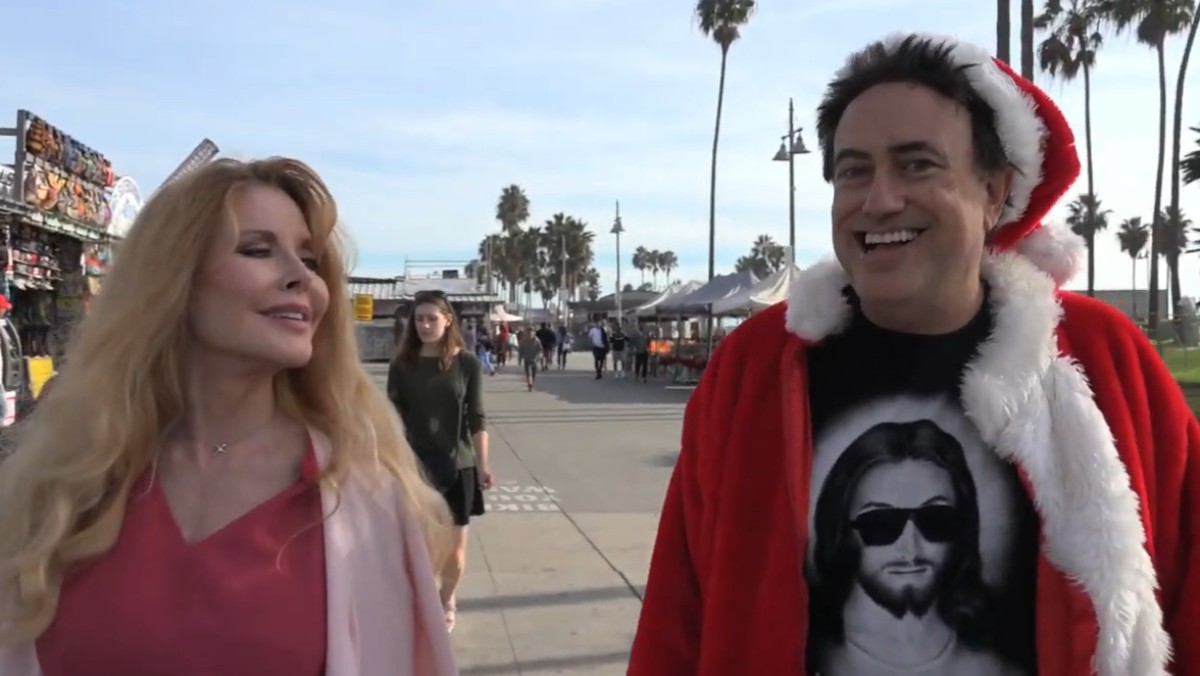
How much did you go over budget? How did you manage it?
RR: We raised money as we were going. We never debted until we were in the Oscars. A generous friend lent some money to help us with costs to upload our film to Academy Screening Room for members to consider for Oscar voting.
How important is marketing? Talk about the festival tour? Do you think a project can make a dent without it nowadays?
RR: Marketing requires just as much energy and creativity as making the movie. Covid-19 makes a festival tour challenging but we still plan to do festivals.
Tell us about marketing activities or efforts on this project – and how it worked or didn’t work?
RR: We’ve had a lot of press for a no-budget film made on faith about faith. If you Google “Canaan Land movie” it is remarkable the PR we’ve received. I follow my Italian grandpa’s advice to throw a bunch of spaghetti against the wall and some of it will stick.
What do you hope audiences will get from the presentation of your film?
RR: I hope they think about their faith and purpose in life. And that they use critical thinking to evaluate political and religious leaders and not blindly follow others who don’t walk the talk.
What else have you got in the works?
RR: I am writing a sequel to my coming-of-age novel Stick Man and plan to make a movie on Stick Man and the sequel. Thanks for interviewing me. God bless you and keep up the good work
supporting indies.
Tell us what you think of the Case Study for CANAAN LAND What do you think about it? Let’s have your comments below and/or on Facebook or Instagram! Or join me on Twitter.
Follow Richard Rossi on Social Media
Website
IMDb
Facebook
Twitter
Instagram
YouTube
MORE STORIES FOR YOU

